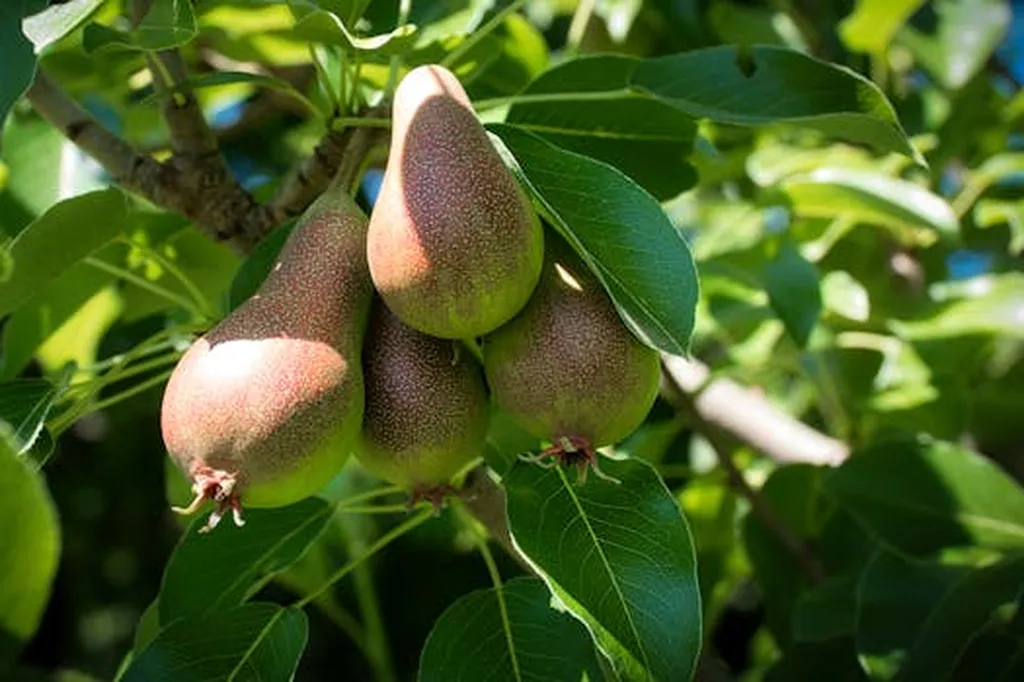In the heart of Italy, researchers are harnessing the power of consumer technology to revolutionize precision agriculture, and the results could reshape how we monitor and manage fruit orchards worldwide. Elèna Grobler, a scientist at the School of Agricultural, Forest and Food Sciences at the University of Basilicata, has led a groundbreaking study that explores the potential of the iPhone 13 Pro as a tool for 3D scanning of fruit trees. The research, published in the journal Sensors (translated to “Sensors” in English), offers a glimpse into a future where smartphones play a pivotal role in sustainable farming practices.
Grobler and her team focused on the iPhone 13 Pro’s integrated LiDAR sensor and RGB camera, evaluating its ability to generate accurate 3D reconstructions of hazelnut trees. The study is a response to the limitations of traditional field-based measurements, which are often time-consuming and prone to human error. “We needed a more efficient, cost-effective method for estimating tree structural and morphological parameters,” Grobler explains. “This is crucial for optimized irrigation management, biomass estimation, and carbon stock assessment.”
The researchers tested both the LiDAR and photogrammetric (Photo) modes of the Polycam© application on cylindrical targets with known dimensions, comparing the extracted measurements to reference values. The results were promising. The Photo mode, in particular, delivered exceptional accuracy with a systematic error of just 0.007 meters and an R-squared value of 0.99. “The Photo mode showed strong agreement with manual leaf measurements, with an R-squared value of 0.93,” Grobler notes. “This indicates that smartphone-based 3D scanning can provide a practical, low-cost approach for structural characterization in fruit orchards.”
The implications for the agricultural sector are significant. Precision farming relies on accurate data to optimize resource use and improve crop yields. Traditional methods of measuring tree structures are labor-intensive and often lack the precision required for effective management. The use of smartphone technology could democratize access to high-quality data, enabling farmers to make informed decisions that enhance productivity and sustainability.
Beyond agriculture, the research has broader implications for the energy sector. Accurate biomass estimation is essential for carbon stock assessment and renewable energy production. As the world shifts towards sustainable energy sources, the ability to precisely measure and manage biomass will become increasingly important. Grobler’s work suggests that smartphone technology could play a crucial role in this transition.
The study also highlights the potential for digital phenotyping, where digital tools are used to monitor plant characteristics and growth patterns. This approach can support more efficient crop monitoring and management, ultimately leading to higher yields and better resource utilization.
As the world grapples with the challenges of climate change and resource scarcity, innovative solutions like those proposed by Grobler and her team offer hope. The use of consumer-grade technology for precision agriculture is a testament to the power of innovation and collaboration. “This research demonstrates the potential of integrating advanced technology into everyday tools,” Grobler says. “It’s an exciting time for agriculture, and we’re just scratching the surface of what’s possible.”
In the coming years, we can expect to see more research exploring the use of smartphone technology in agriculture and other sectors. The work of Elèna Grobler and her team at the University of Basilicata is a significant step forward, paving the way for a future where technology and sustainability go hand in hand. As the world continues to evolve, the integration of advanced technology into everyday tools will be crucial in addressing the challenges of climate change and resource management. The research published in Sensors offers a compelling vision of what’s possible, inspiring further innovation and collaboration in the field of precision agriculture.

